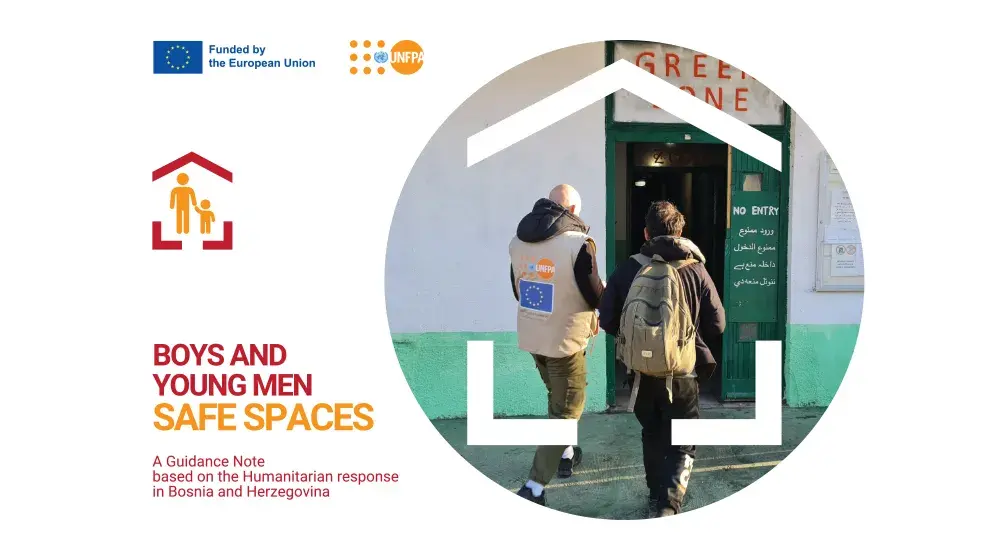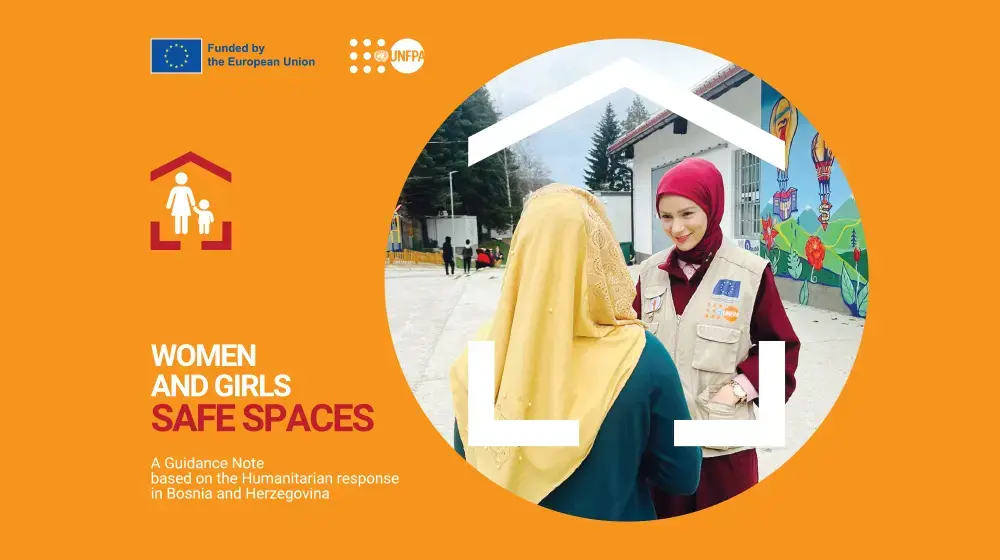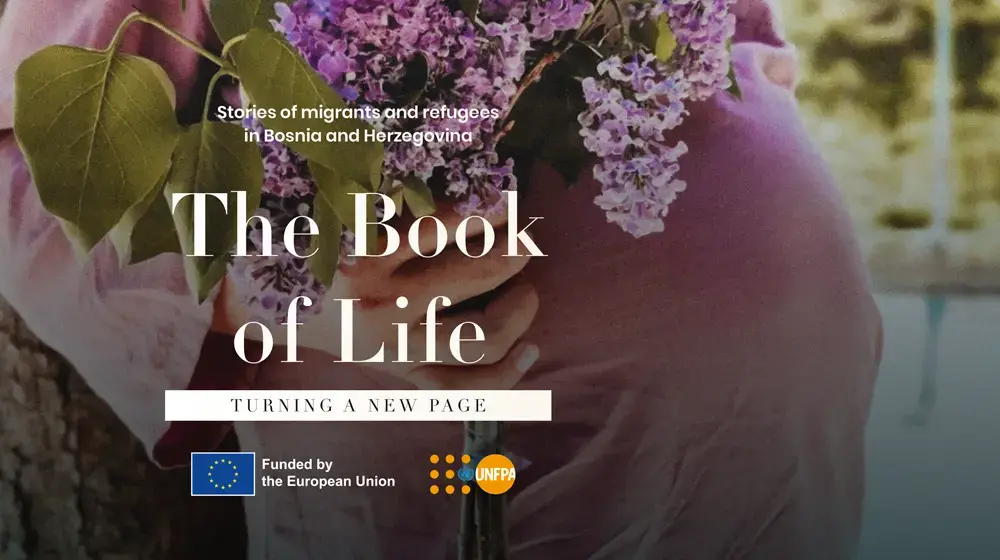Throughout its history, humanity has migrated and although women migrate as often as men this process affects men and women differently. In addition to general discrimination, as migrants/ refugees women and girls experience discrimination based on gender. They are also exposed to a greater risk of violence, sexual exploitation and trafficking. More often than men, they face health problems during migration and have to contend with natural processes such as pregnancy and caring for newborns.
Data on international migration is limited in terms of its reliability and one of the key shortcomings of the existing statistics is insufficient data on women in migration flows. Yet the available sources clearly indicate that women experience the migration process significantly differently compared to men. This ranges from their reasons for deciding to leave their home country to what they experience during their journey, their treatment upon arrival in their country of destination and their level of integration.
Bosnia and Herzegovina (BiH) is among the countries on the transit routes, primarily for those coming from the Middle East, South Asia and North Africa. Over 100,000 migrants have been registered at the temporary reception centres (TRC),5 while a significant number pass through the country without visiting these centres. Although the total percentage of women and girls is less than 20 percent of the total number of the migrant population in BiH there is still a large number of women and girls who require diverse support.
UNFPA BiH has made a significant contribution to the humanitarian response to the migrant and refugee population since 2018. The work and achievements of this organisation relate primarily to the coordination and prevention of and response to gender-based violence (GBV) and sexual and reproductive health (SRH) issues.





